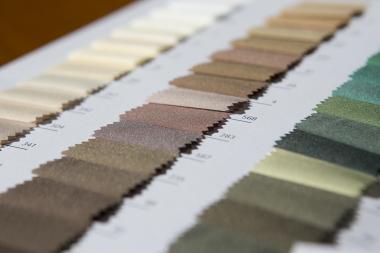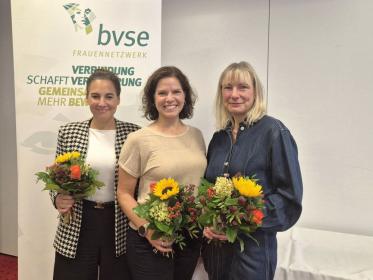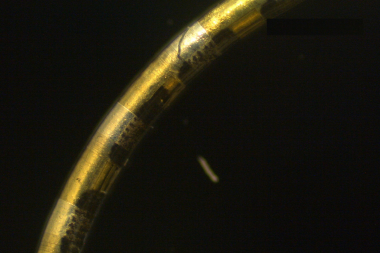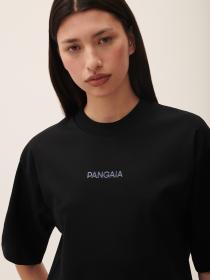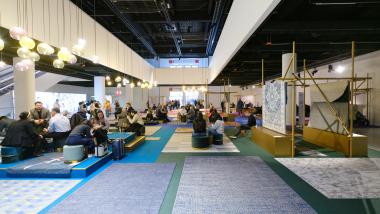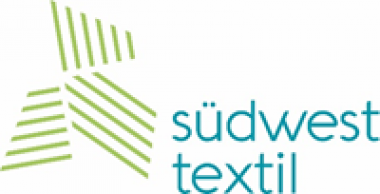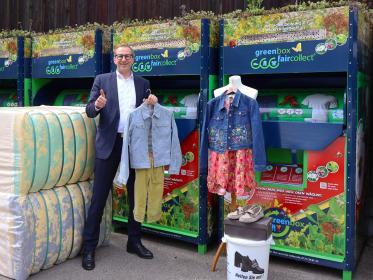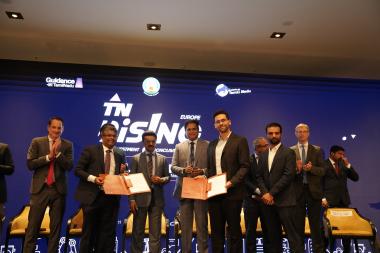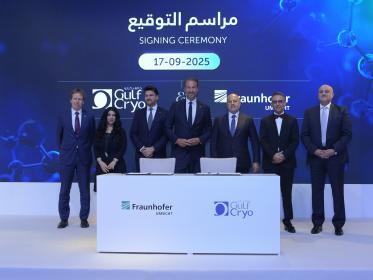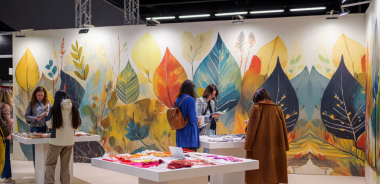Fourth Monforts Montex for Textil A. Ortiz
Through a planned programme of continuous expansion, including ongoing projects aimed at resource efficiency and environmental excellence, Spain’s Textil A. Ortiz has reinforced its position as one of Europe’s leading suppliers of premium quality lining fabrics.
The company, which celebrated its 70th anniversary in 2024, has just successfully commissioned a fourth Monforts Montex stenter at its plant in Santa Perpètua de Mogoda, 25 kilometres north of Barcelona. This is one of three plants operated by the company, with a second nearby in Catalonia and a third in Valencia. Its relationship with Monforts and local representative Aguilar & Pineda dates back to the 1970s.
Trusted supplier
The new Montex line is being employed to finish fabrics with softeners, water repellents and flame retardants and is already achieving significant cost savings. Linings are stocked in more than 1,000 colours with special finishing options for customers and a large database of designs and prints.
The new nine-chamber Montex 8500-9F with a nominal width of 200cm is equipped with direct gas heating, a Hercules needle chain, a Matex finishing padder and two heat exchangers. In combination with heat recovery, a Monformatic Professional measuring and control system enables energy consumption to be fully minimised and reproducible fabric quality to be constantly achieved.
No water discharge
“The installation of a water treatment plant working through evaporation and condensation further allows us to be the first dyeing and finishing company that does not discharge water into the public sewerage system,” says Textil A. Ortiz Manager Abel Ortiz.
The company has also recently invested in a major installation of new circular knitting machines and expanded with the production of lining fabrics based on recycled polyester, while 15,000 square metres of photovoltaic panels and two wind turbines now supply the Santa Perpètua de Mogoda plant with 100% green energy.
Monforts Monforts Textilmaschinen GmbH Textil A. Ortiz lining fabrics textile finishing
AWOL


